South Korean financial watchdogs are intensifying their scrutiny on crypto transactions that aren't officially sanctioned by the government, particularly the over-the-counter (OTC) crypto trades. Their increased attention comes amid rising apprehensions about these platforms being a potential avenue for criminal undertakings.
Recent updates reveal that notable regulatory figures, including deputy chief prosecutor Ki No-Seong and Park Min-woo from the Financial Services Commission (FSC), participated in a discussion centered on the "Criminal Legal Issues Related to Virtual Assets." This event spotlighted the largely unregulated OTC crypto market, with Ki No-Seong emphasizing the importance of imposing regulations due to possible money laundering activities.
Seong's remarks, when translated, pointed out that certain unlawful virtual currency OTC businesses operate under foreign corporations. They are essentially involved in transforming unlawfully acquired virtual currencies into either Korean won or other foreign denominations. He stressed the urgent need to consider these operations as unreported virtual asset trading ventures.
Clarifying for readers, the OTC crypto market refers to crypto exchange operations that haven't received official approval from the state. These OTC transactions encompass all dealings that aren't conducted on officially sanctioned platforms, like peer-to-peer (P2P) exchanges. The document indicated that Upbit, recognized as South Korea's primary regulated crypto exchange, lists a total of 172 cryptocurrencies. In contrast, OTC platforms provide access to as many as 700 cryptocurrencies.
Several documented incidents showcase how these OTC platforms have been used to transform virtual assets into tangible Korean currency. One notable case involved the International Crimes Investigation Department of the Incheon District Prosecutors' Office. They detained and subsequently charged three individuals for illegal foreign exchange activities spanning from October 2021 through October 2022.
The investigative report indicated that this group bought virtual currencies worth $70.9 million (94 billion won) from international OTC outlets on behalf of Libyan clients. The digital assets were then routed to Korea for conversion into hard cash. Additionally, the Korea Customs Service assessed that the total value of illicit foreign exchange actions through virtual currencies reached a staggering $4 billion (5.6 trillion won) the previous year.
Historically, South Korea has been recognized for its tight controls over cryptocurrency. With the unfolding situation after the Terra-Luna financial debacle, the nation's regulators are showing even more urgency in addressing crypto-associated offenses.





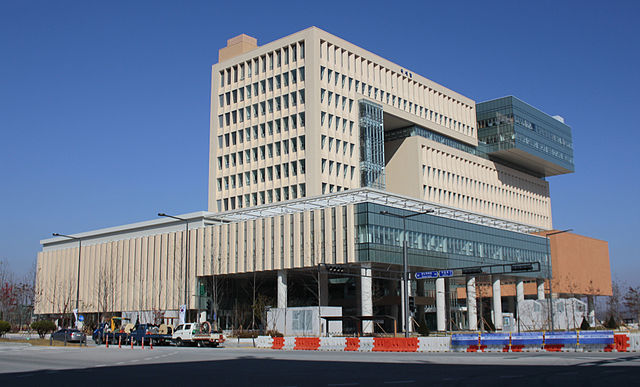

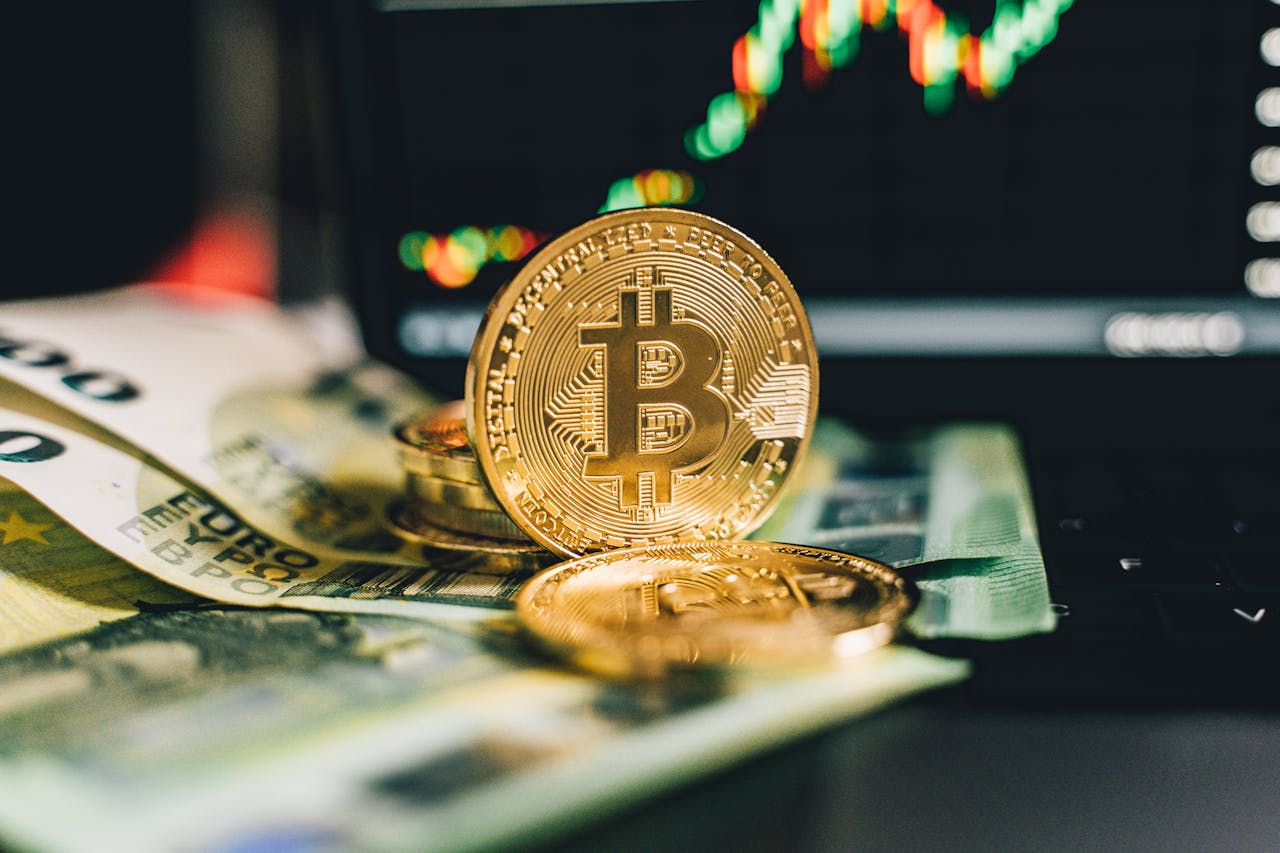
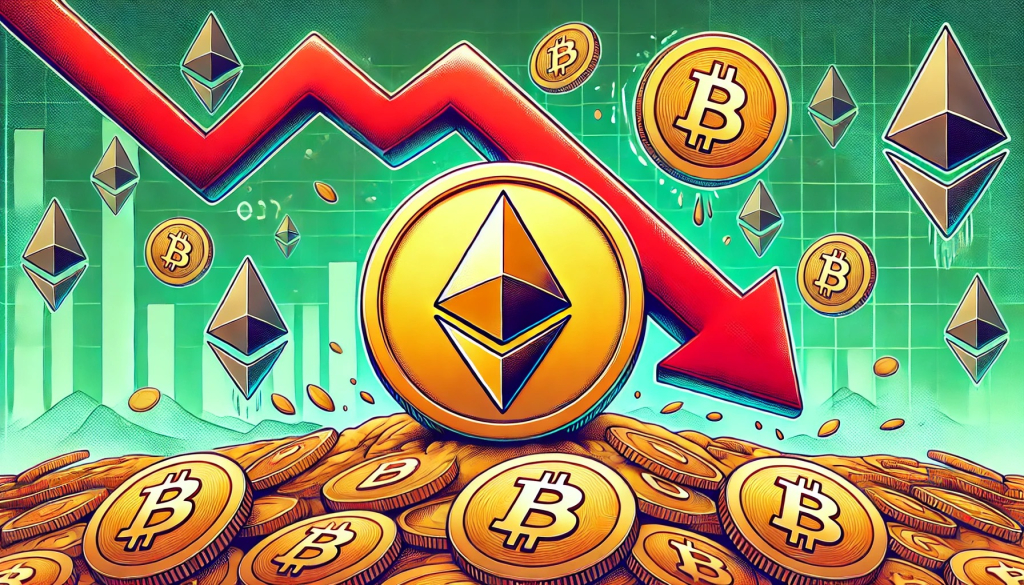
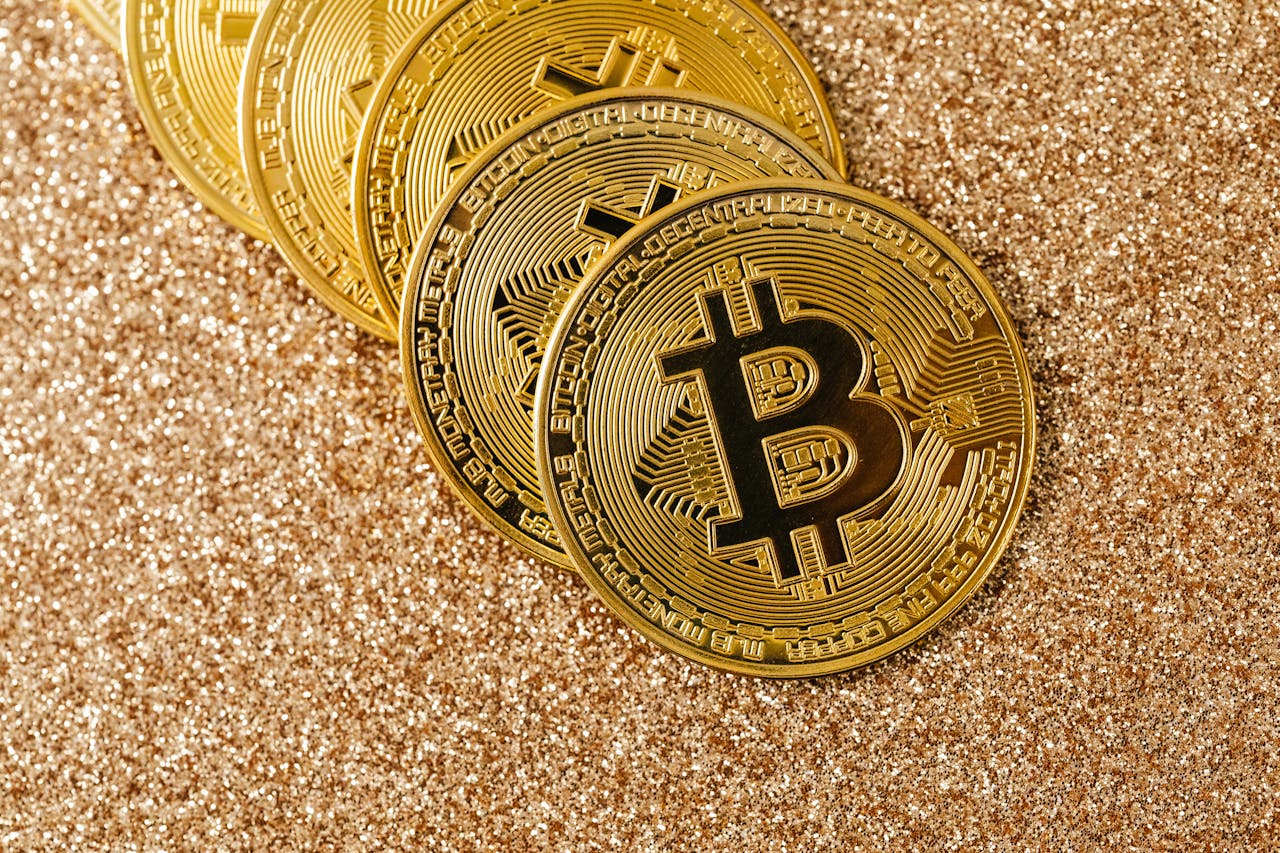





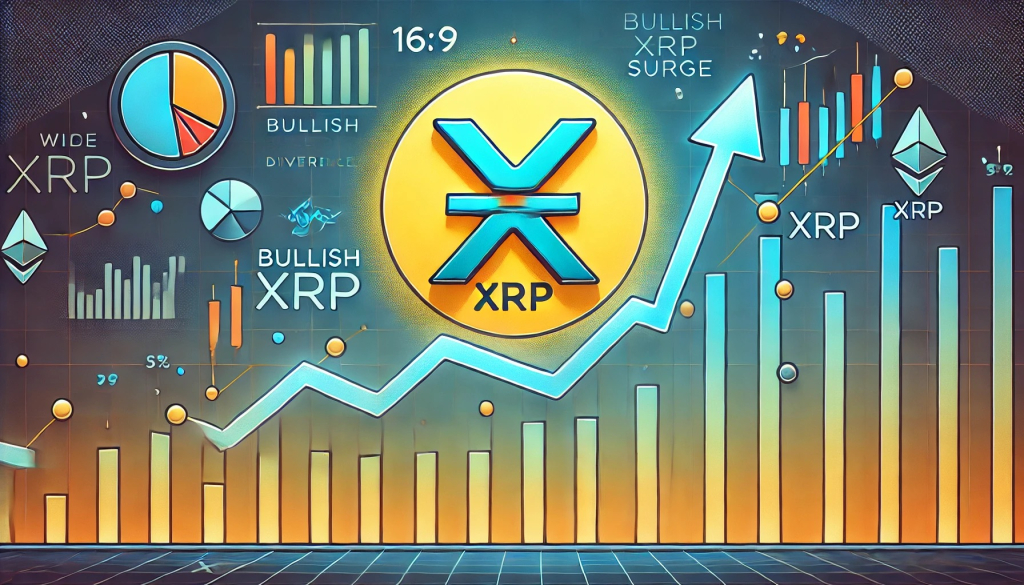
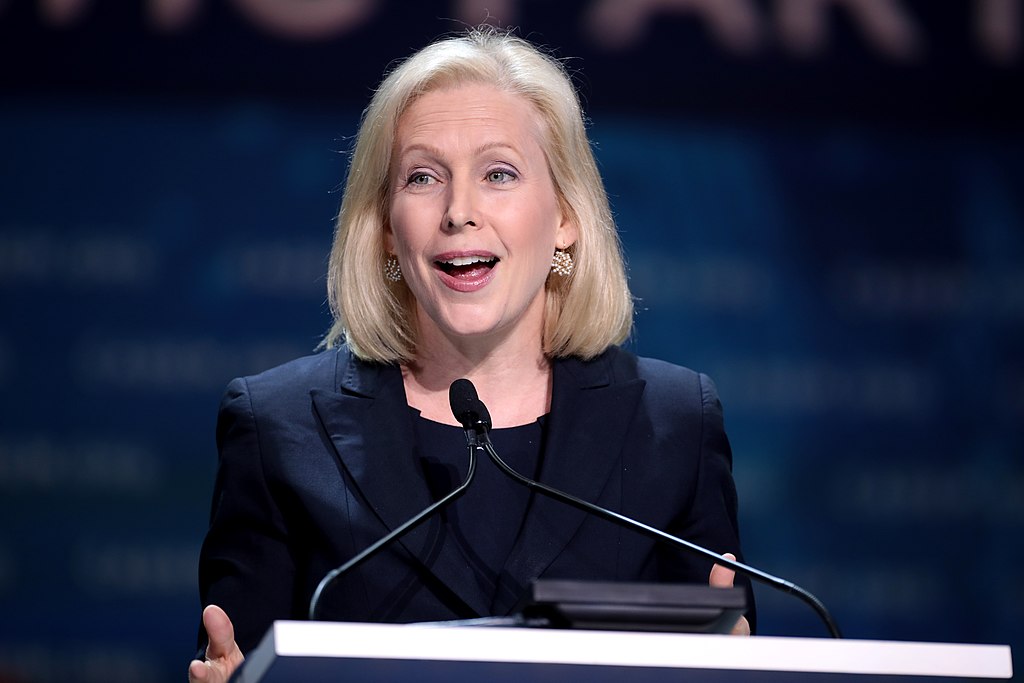

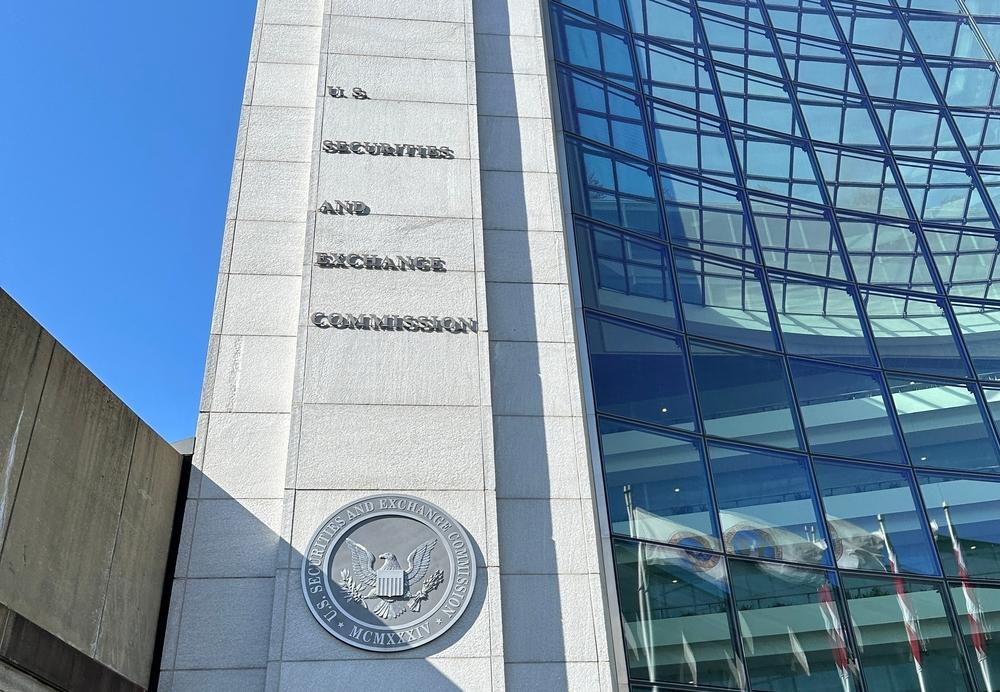

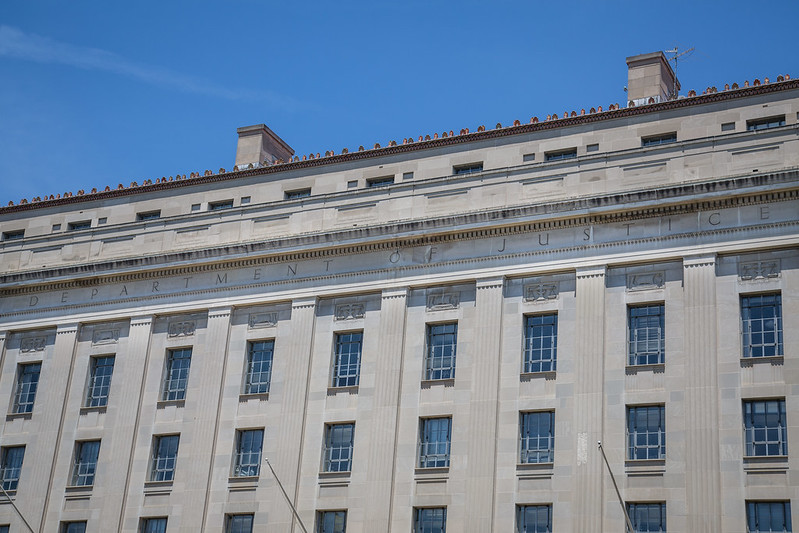
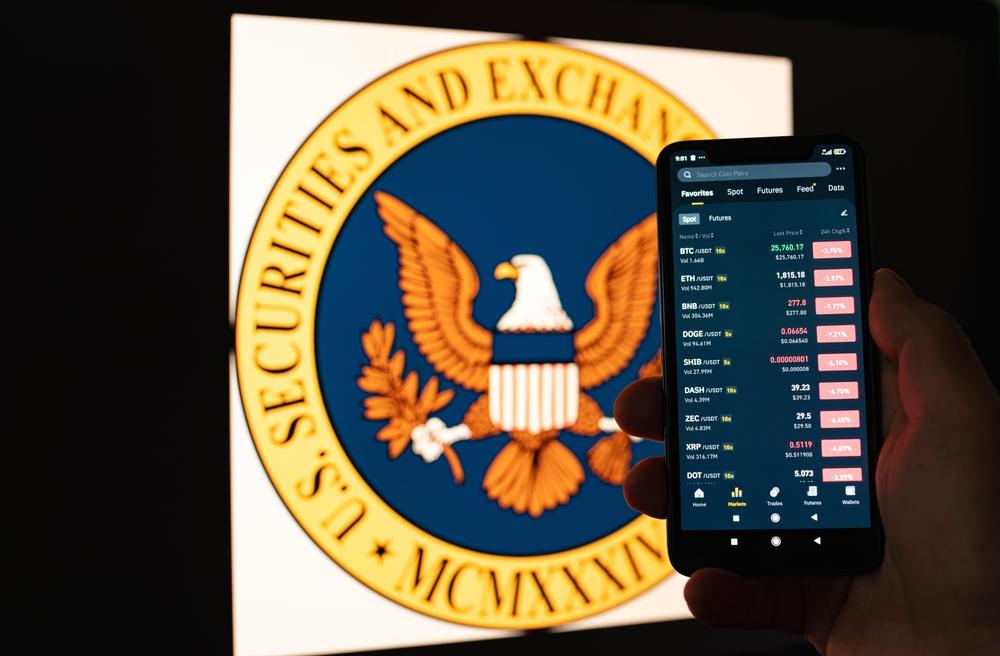





Comment 0